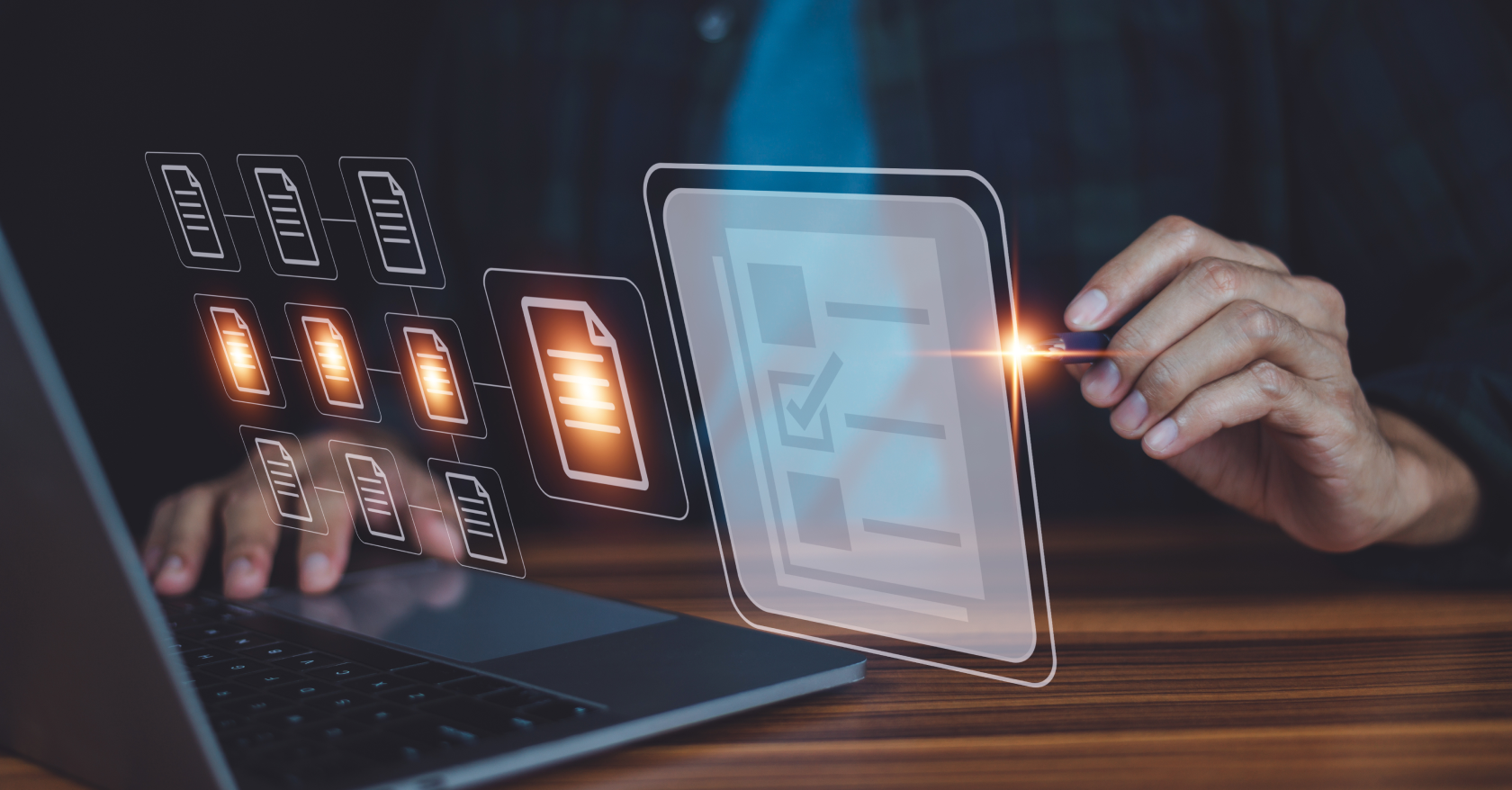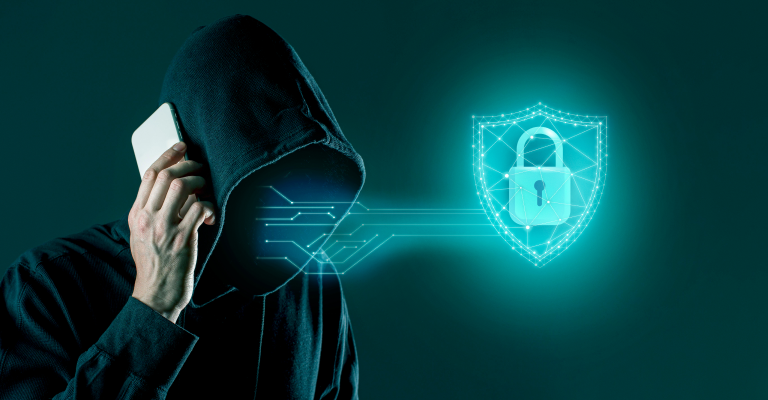A recent study claims that by 2032, the decentralized identity market is projected to reach $371.08 billion. This explosive growth is fueled by a critical need: as of 2023, over 4.1 billion digital records were exposed to data breaches. This clearly highlights the vulnerabilities of centralized systems, and that’s why we have many examples of decentralized identity examples and use cases in various industries.
Decentralized identity is a paradigm shift toward a time when users will truly be in charge of their personal data. Already by 2023, approximately 25% of Internet users were operating with decentralized identity solutions, pointing to a drastic change toward user-driven identity management. EveryCRED is helping businesses implement this technology seamlessly.
As we move forward toward the world of decentralized identity, we will explain how this technology is already reshaping various industries. Here are the best 21 real-world decentralized identity examples.
1. Healthcare
The healthcare sector is where decentralized identity solutions can really make a difference. Imagine a world where patients have total control over their medical records and seamlessly grant and revoke hospitals with access to healthcare providers. This shall provide better protection of patient privacy and facilitate the sharing of critical medical information in emergencies.
MedRec, a project initiated by MIT, uses blockchain technology to create a decentralized content-management system for healthcare data. Patients can easily share their records with new doctors or specialists without the need for cumbersome paperwork or lengthy retrieval processes.
2. Education
The decentralized identity is also being lapped within the education sector to fight back in cases of fraud related to credentials and make the verification process regarding academic achievements.
The University of Melbourne has implemented a blockchain-based system that allows students to store and share their academic credentials. Employers can instantly verify these credentials – reducing the time and resources typically spent on background checks.
3. Finance
KYC procedures are very important in the financial sector, but they are a very daunting task for institutions and customers. Decentralized identity can be the solution, reducing onboarding times drastically while improving security.
Banco Santander has partnered with Blockchain startup Nivaura to create a decentralized identity system for KYC processes. This allows customers to issue securities quickly with instant identity verification.
Check: The Importance Of Verifying Your Digital Credentials
4. Travel
Decentralized identity can become the means for traveling in a more secure and more efficient way with identity verification at all borders.
The World Economic Forum’s Known Traveller Digital Identity initiative is piloting a program that allows travelers to manage their own identity data on their mobile devices, sharing only the necessary information with authorities for seamless border crossings.
5. E-commerce
Trusting an online shopping platform with your information is easy, especially with new ones. Decentralized identity can secure a way for customers to prove who they are without oversharing their personal information.
Shopin, a blockchain-based platform, allows users to create a universal shopper profile that can be used across multiple e-commerce sites, enhancing personalization while maintaining user privacy.
6. Government Services
Governments in many countries are realizing the potential of decentralized identity solutions to provide citizens more efficient and secure digital services.
Estonia’s e-Residency program, while not fully decentralized, showcases the potential for digital identity in government services. It allows non-residents to access Estonian services digitally, paving the way for more advanced decentralized solutions in the future.
7. Social Media
Decentralized identity can become a game-chord for social media platforms because it helps users control their personal data and online presence.
Mastodon, a decentralized social network, allows users to own their data and choose which server hosts their information, offering a glimpse into how decentralized identity could reshape social media interactions.
8. Supply Chain Traceability
In supply chain management, decentralized identity can provide product traceability and authenticity verification.
VeChain, a blockchain platform, has partnered with various companies to implement decentralized identity solutions for product authentication, from luxury goods to food safety.
9. Real Estate
Decentralized identity can help the real estate market by smoothening property transactions and reducing fraud.
Propy, a global real estate platform, uses blockchain technology to create decentralized property ownership. It simplifies property transfers and enhances security in real estate transactions.
10. Voting Systems
Decentralized identity can disrupt voting systems with privacy, transparency, and security. This guarantees maximum privacy and security.
The Swiss city of Zug piloted a blockchain-based digital ID system for e-voting, showcasing how decentralized identity can enhance the integrity of democratic processes.
11. Insurance
The insurance industry can leverage the benefits of decentralized identity to make its claim filing process smoother with much more personalized services.
Etherisc, a decentralized insurance protocol, allows for automated insurance policies and claims processing based on verified identity and predefined conditions. It reduces fraud and improves efficiency.
12. Automotive
Decentralized identity can be very helpful in the automotive industry. It makes it easier for users to trace its records, spare parts, history of ownership, and many other ways.
BMW and Ford are part of the Mobility Open Blockchain Initiative (MOBI), which is exploring decentralized identity solutions for vehicle history and ownership records.
Also Read: Give your credentials a unique identity with SSI to protect and avoid fraudulent
13. Gaming
Decentralized identity can also help the gaming industry. It enables one to have one identity across many gaming platforms and ensures safe ownership of in-game assets for gamers.
Enjin, a blockchain gaming platform, enables players to own and trade in-game items across different games using a decentralized identity system.
14. Charity and Non-Profit
A decentralized identity can help increase the transparency of charitable donations and empower donors to trace their contributions.
The United Nations World Food Programme’s Building Blocks project uses blockchain technology to provide secure transfers of cash-based assistance to refugees. It ensures transparency and reduces costs.
15. Human Resources
Decentralized identity solutions can also reduce HR departments’ headaches in hiring and verifying employee credentials. It makes it easy for managers to instantly verify all verifiable credentials provided by candidates.
Workday, a leading HR software provider, has been exploring blockchain-based credentialing systems to streamline the verification of employee education and work history.
16. Telecommunications
This decentralized identity can be used by telecommunications companies to enhance user authentication and fraud prevention.
Telefónica, a major telecom provider, has been exploring blockchain-based identity solutions to improve user authentication and data protection across its services.
17. Energy Sector
This blockchain-based technology can act as a strong enabler of securing and efficiently establishing peer-to-peer energy trading in smart grid systems. This is advantageous for the energy sector.
Power Ledger, an Australian company, uses blockchain technology to enable peer-to-peer energy trading, with user identities securely managed on the platform.
18. Legal Services
Decentralized identity can help the legal industry through improved digital signatures and smart contract security. These contracts cannot be tampered with or forged.
OpenLaw, a blockchain-based protocol for the creation and execution of legal agreements, incorporates decentralized identity to ensure the authenticity of parties involved in contracts.
Read: 5 Reasons Every Industry Needs Decentralized Credential Issuer for Accreditation
19. Retail
Decentralized identity can revolutionize retail loyalty programs and personalized shopping experiences.
Loyyal, a blockchain-based loyalty and rewards platform, uses decentralized identity to create more engaging and personalized loyalty programs for retailers.
20. Art and Collectibles
In the world of art and collectibles, where forging and duplicity are common problems, decentralized identity can provide irrefutable proof of origin and authenticity.
Verisart, a blockchain certification platform for the arts, uses decentralized identity to create tamper-proof certificates of authenticity for artworks.
21. Freelance and Gig Economy
Decentralized identity can improve trust in the gig economy itself by providing verifiable skill and reputation systems.
Braintrust, a user-owned talent network, incorporates elements of decentralized identity to create a more transparent and equitable platform for freelancers and clients.
EveryCRED Is the Best Decentralized Identity Solution
It is evident that decentralized identity is the future, and its use cases across various industries will see more adoption over time. If you want to embrace and implement a decentralized identity, EveryCRED is your best solution.
EveryCRED stands out as a complete solution that fills the gap between traditional identity systems and the decentralized future. We offer a powerful and secure platform that allows businesses and individuals to witness the power of verifiable credentials and decentralized identifiers (DIDs).
We help you to issue verifiable credentials. Implement secure authentication, improve user privacy, and hassle-free verification process. EveryCRED can be useful and implemented in multiple industries. With our decentralized identity solutions, you can build trust, enhance security, and improve user experiences across their digital interactions.
So, to meet the future of digital identity, contact EveryCRED today.

 29th July, 2024
29th July, 2024 



